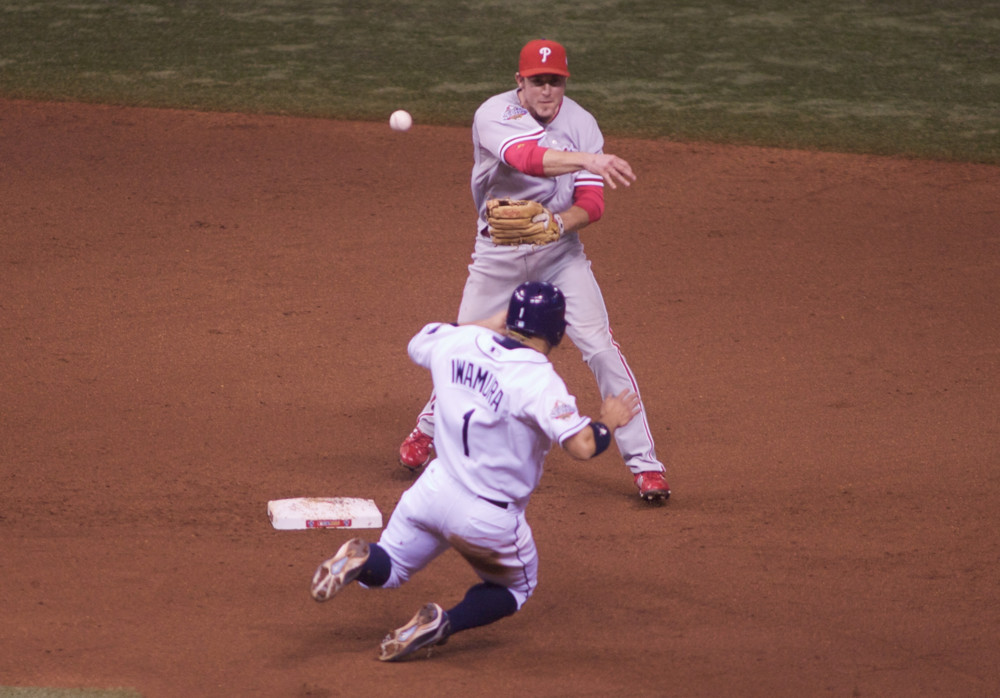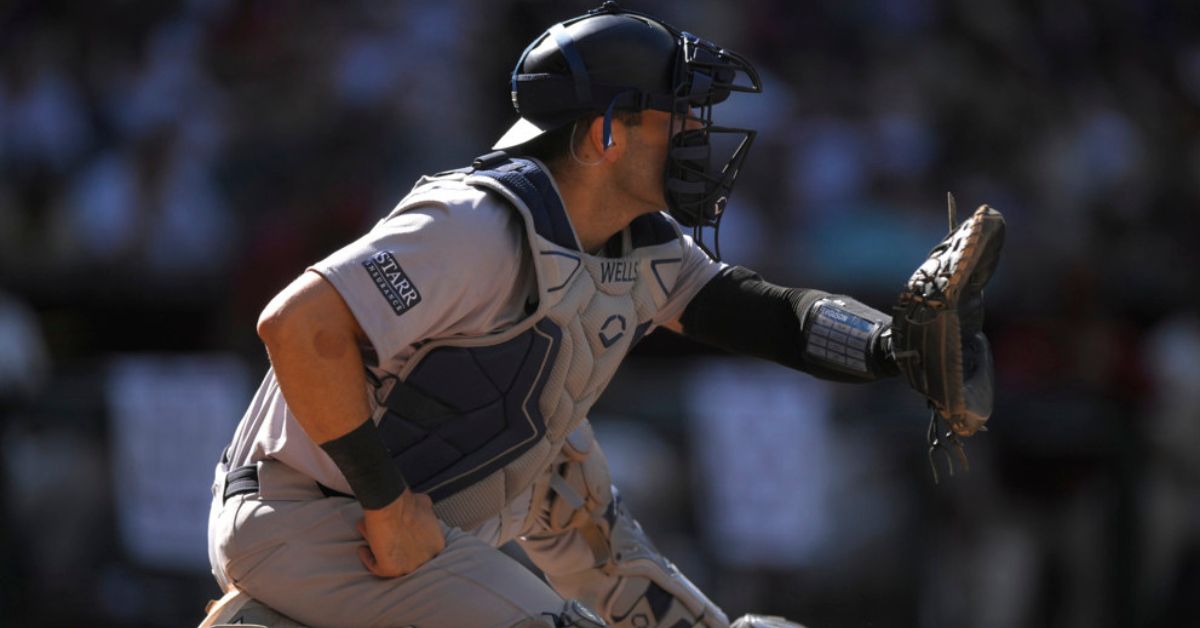This article was originally published in December 2018
Fred McGriff was a really good baseball player. But he’s yet to be recognized as belonging among the elite. McGriff is in his final year of eligibility on the Baseball Hall of Fame ballot. He received 22 percent support in his first year. He received 23 percent last year. He’s not close to the 75 percent needed for election. But perhaps he should be.
This year, Bill James introduced a new Hall of Fame Value Standard in the 2019 Baseball Handbook (excerpted here). The methodology combines James’ Win Shares metric with four times Wins Above Replacement into one number. The cutoff score for Hall of Fame worthiness is 500.
McGriff is there. His 552.6 cleared the bar by a little bit. He’s right alongside another player who will be a tough Hall of Fame choice in a few years, recently retired Chase Utley (552.5). James ranks McGriff 19th on the list of those who are Hall of Fame worthy who aren’t special cases (like players with PED histories)
McGriff finished his career with a slashline of .284/.377/.509, 2,490 hits, and 493 home runs. He didn’t slug like Mark McGwire or Sammy Sosa, but he didn’t have to do that to be an effective player. He finished in the top 10 in MVP voting six times. He also was great in the postseason, hitting .303/.385/.532 with 10 home runs and 37 RBI in 50 games.
What should solidify McGriff’s argument is this. James also devised a metric known as Similarity Scores, to illustrate how similar one player is to another. The two players rated as most similar to McGriff are Hall-of-Famers Willie McCovey and Willie Stargell.
McGriff almost surely isn’t making the Hall of Fame this time around. Instead, he’ll likely be forced to wait and hope that someone carries the torch for his candidacy. There are plenty of good reasons to do so.


